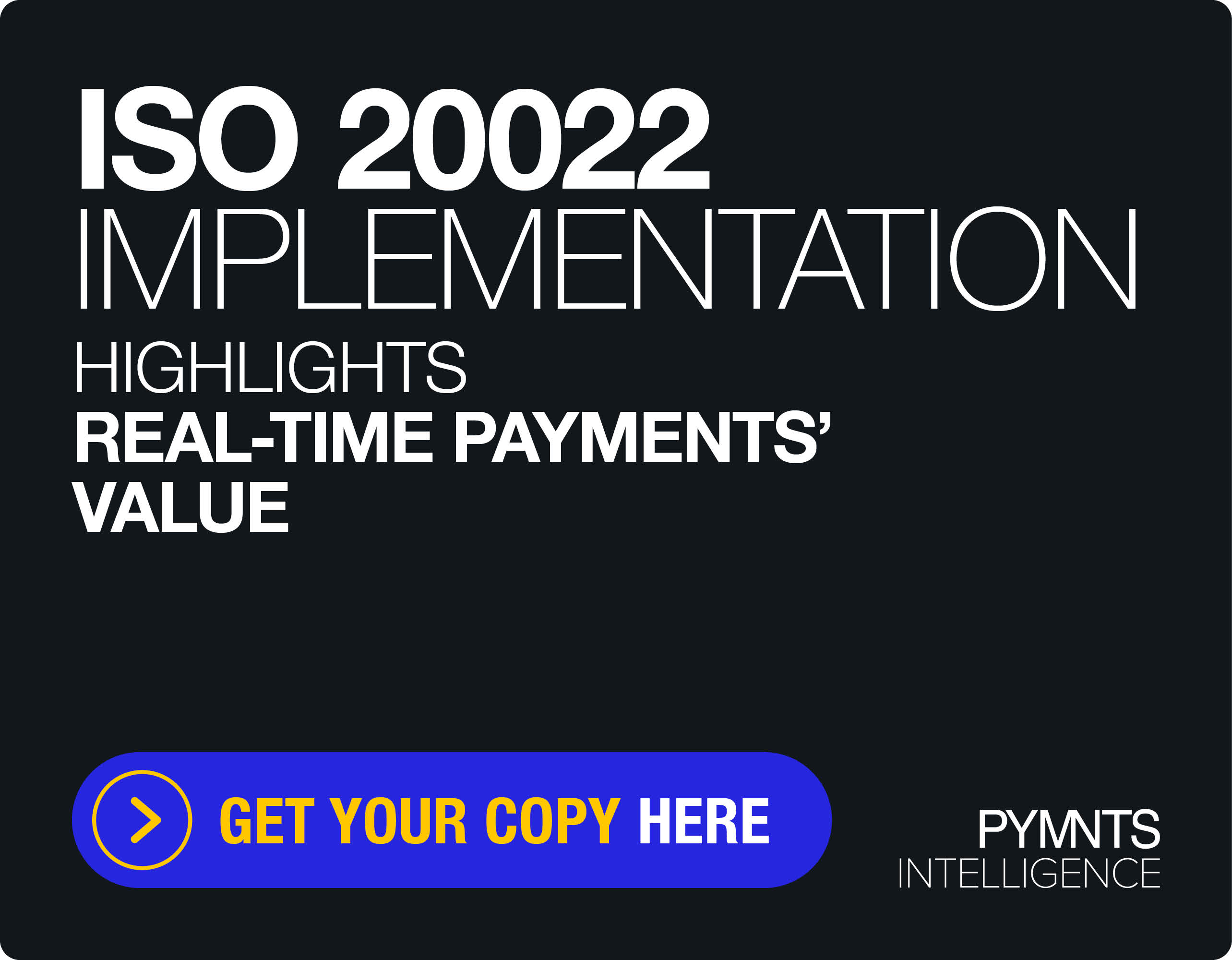France, Singapore and Switzerland Test Cross-Border CBDC Payments

In a pilot project that is said to be the first of its kind, the central banks of France, Singapore and Switzerland are collaborating in a joint trial of their experimental central bank digital currencies (CBDCs) and decentralized finance (DeFi) protocols.
During what is to be about a six-month trial involving hypothetical CBDCs from each of the three countries — the Swiss franc, the euro and the Singapore dollar — Project Mariana will test cross-border CBDC trading and settlement, the Bank for International Settlements (BIS) said Wednesday (Nov. 2) in a press release.
“This pioneering project pushes our CBDC research into innovative frontiers, incorporating some of the promising ideas of the DeFi ecosystem,” BIS Innovation Hub Head Cecilia Skingsley said in the release. “Mariana also marks the first collaboration across Innovation Hub Centres; expect to see more in the future.”
The project will explore the use of automated market makers (AMM) for cross-border exchanges. BIS said in the press release that these protocols could lead to a new generation of financial infrastructures.
CBDCs are being used, tested or considered by 90% of the world’s central banks, Reuters reported Wednesday (Nov. 2).
These central banks are balancing the desire to avoid being left behind by the advances of crypto with the difficulties of dealing with the complexities of the new technology, according to the report.
The news of Project Mariana comes days after BIS announced the success of a four-country test of a cross-border payments system using CBDC.
Carried out under the auspices of the BIS’ Innovation Hub Hong Kong, the live trial of the mBridge multi-CBDC platform saw 164 transactions completed by 20 banks over the course of six weeks.
Skingsley said the mBridge project “makes important strides towards developing a platform that has the potential to foster more inclusive and efficient payments systems.”
